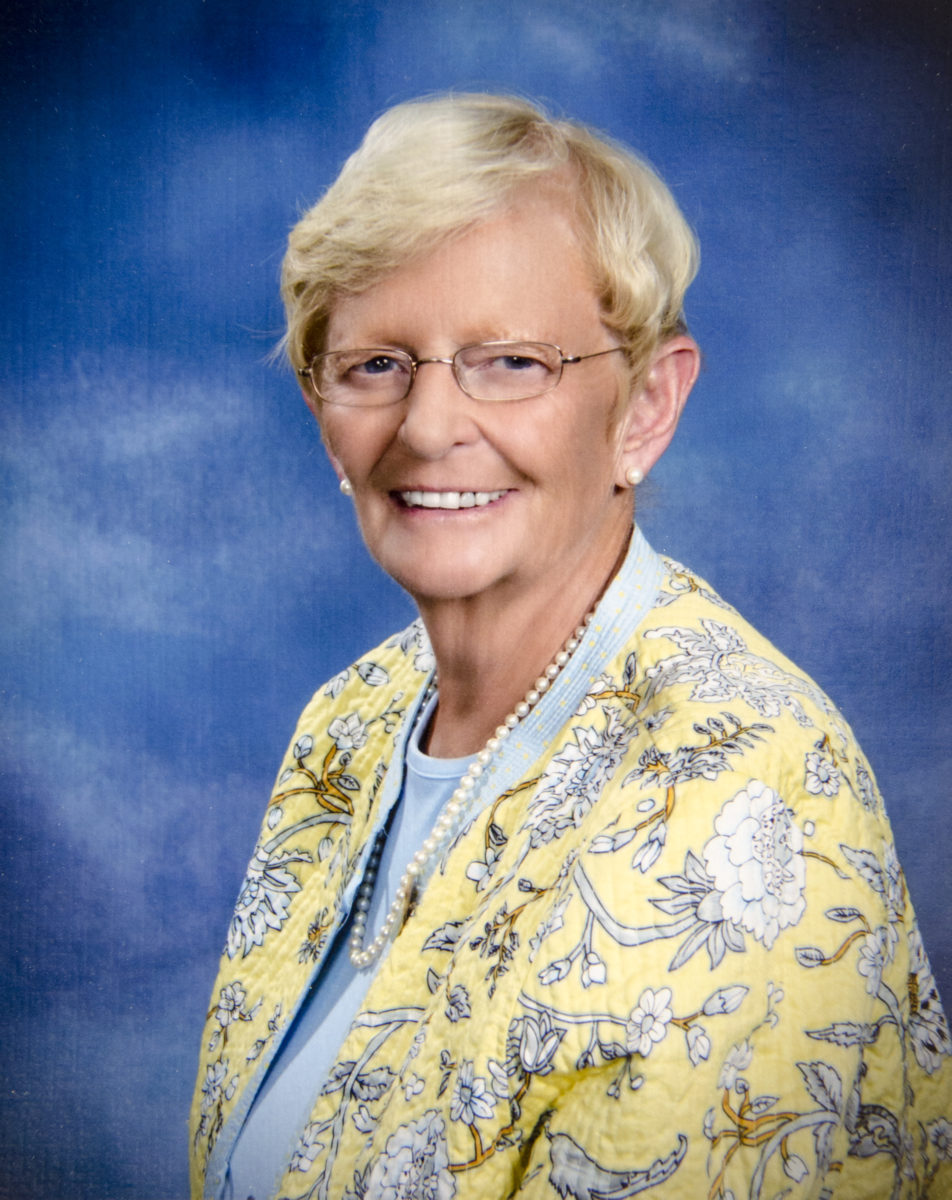
Alumna Inducted Into the National Women’s Hall of Fame
Barbara Iglewski, Ph.D. ’60 is in impressive company as a 2015 inductee into the National Women’s Hall of Fame, a group that also includes Nancy Brinker, founder of the Susan G. Komen Breast Cancer Foundation; Martha Graham, who revolutionized American dance; and Eleanor Smeal, Ms. Magazine publisher and women’s rights advocate.
Professor emeritus at the University of Rochester Medical Center School of Medicine and Dentistry – Department of Microbiology and Immunology, Iglewski was recognized for her work in microbiology, especially for a landmark discovery: that Pseudomonas, a type of infection, spreads by individual bacteria communicating with one another. Her work has had a global impact on research on cystic fibrosis.
“Being inducted into the Women’s Hall of Fame is the biggest honor I have ever had,” Iglewski says. “It’s not only an honor, but it’s a very humbling experience.”
Microbiology was a relatively new field when Iglewski began her studies at Allegheny. “I wanted to take microbiology, but physics – which was scheduled at the same time – got in the way,” she recalls. “I went to Professor Gerald Reisner and asked if I could be brought on as a special student, and he agreed to do so. He got me hooked.”
Iglewski went on to study viruses at Penn State University and then worked at the University of Oregon Health Sciences Center in Portland, where she studied bacterial pathogenesis – how bacteria actually cause disease.
In 1986, when she was chosen to head the Department of Microbiology and Immunology at the University of Rochester, Iglewski became the first woman to head a department at UR’s School of Medicine and Dentistry.
As she advanced in her own field, she also used her influence to help create opportunities for other women. As chair of the American Society for Microbiology’s publication board for almost a decade (she was also president of the ASM from 1987 to 1988), she promoted the appointment of women as editors and to the editorial boards of the association’s publications.
And she’s not done yet.
“While women now make up about 50 percent of the graduate students in many STEM [Science, Technology, Engineering and Math] fields,” Iglewski says, “the further up the ladder you get, the fewer women you see. We have made enormous progress, but women in the U.S. have not achieved equality. There are certainly multiple factors holding women back, especially in the STEM fields.”
As Iglewski continues to help other women establish their STEM careers, she also recognizes a larger context for her efforts. “The fight for women’s rights is not over,” she says. Fortunately, the National Women’s Hall of Fame is full of examples of women, like Iglewski, who prove that the nation and the world benefit when women are given equal opportunities to reach their fullest potential.